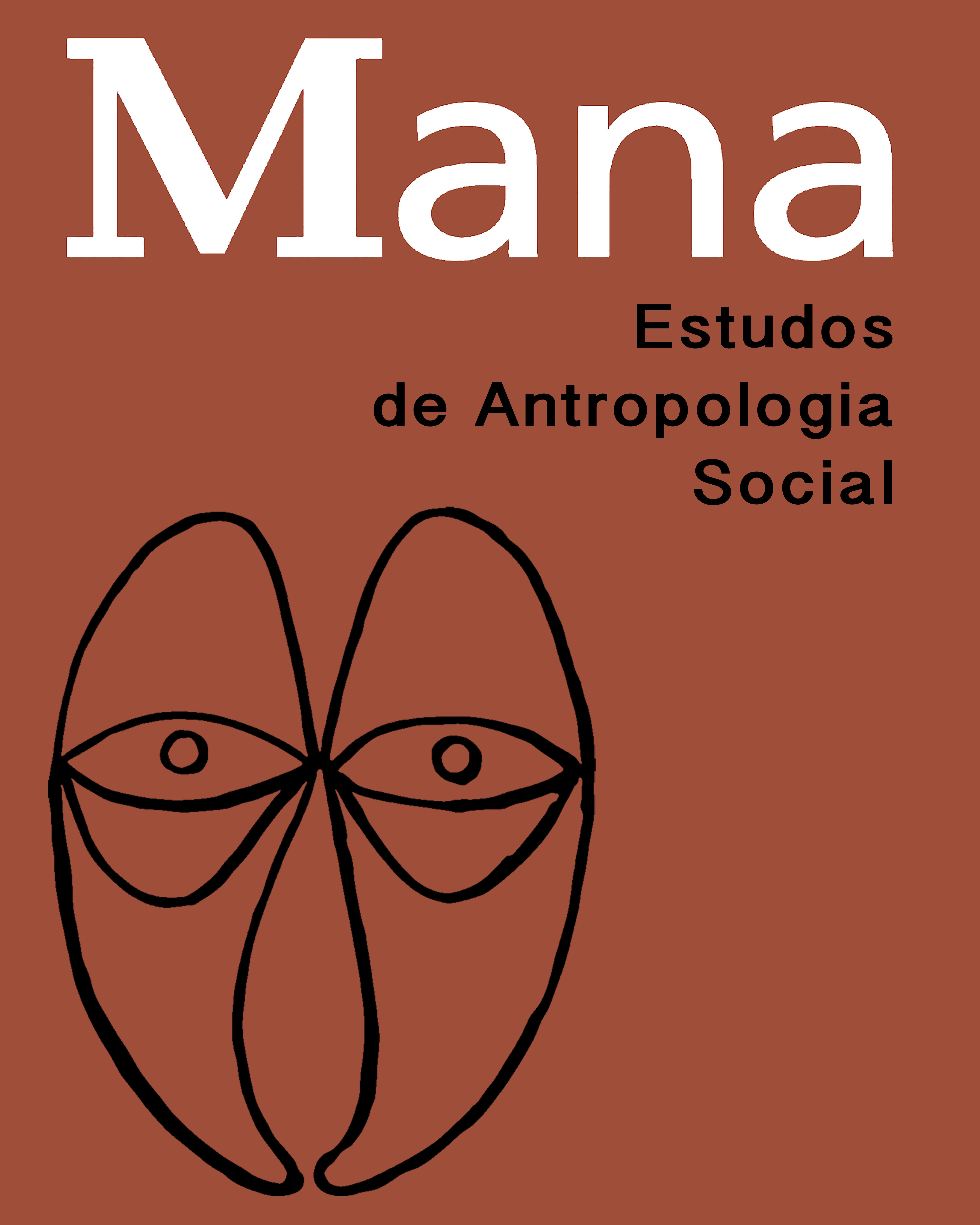ABSTRACT
In the present article, we study neighborhood relations observed around the organization of common cooking pots in the human settlements of La Nueva Rinconada, in Lima (Peru), during the Covid-19 pandemic. Organized by neighborhood mothers, the common cooking pots constitute autonomous and community associations for cooking and feeding, which emerge with the purpose of sustaining neighborhood food in a context of socioeconomic inequality and precarious urban conditions. The women who dedicate time and work to the common cooking pots display in this situated knowledges arising from their position as women, mothers, and migrants (mostly of Quechua origin). Likewise, they display collective care practices that give rise to meaningful ties that are crucial for the organization of the common cooking pots. We also review the basic differences between common cooking pots and public dining rooms as experiences of female food agency exposing different degrees of linkage with the Peruvian State. Finally, we analyze the role of the Peruvian Nation-State in the reproduction of food inequality.
Keywords:
Agency; Inequality; Food; Relationships; Care

 Thumbnail
Thumbnail
 Thumbnail
Thumbnail
 Thumbnail
Thumbnail
 Thumbnail
Thumbnail
 Thumbnail
Thumbnail
 Thumbnail
Thumbnail
 Thumbnail
Thumbnail
 Thumbnail
Thumbnail
 Thumbnail
Thumbnail
 Thumbnail
Thumbnail
 Thumbnail
Thumbnail
 Thumbnail
Thumbnail
 Thumbnail
Thumbnail
 Thumbnail
Thumbnail













